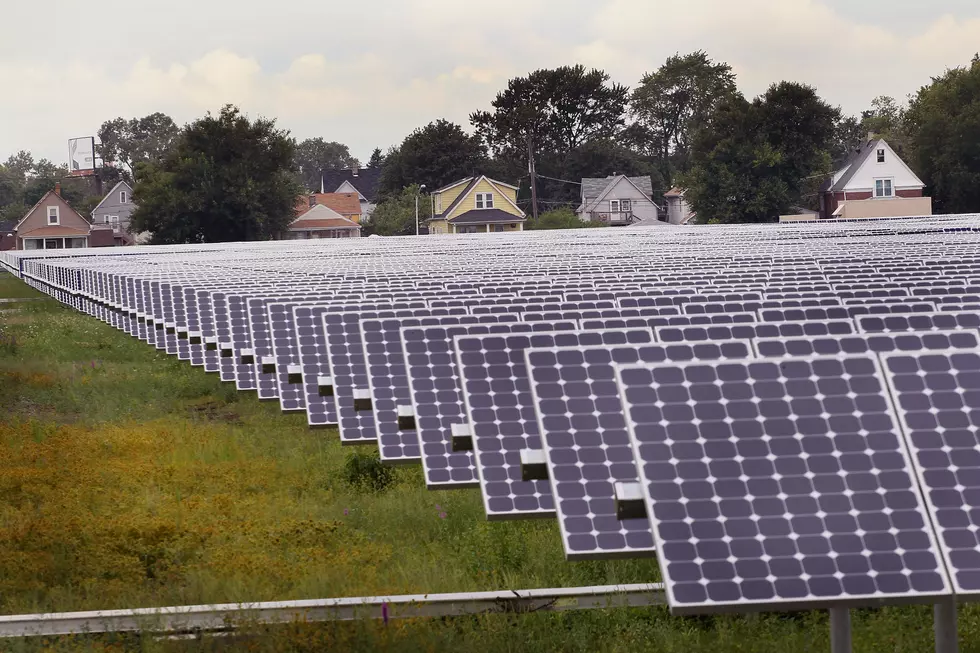
Clean energy break: NJ may consider creating its own electric grid
Lawmakers may require the state Board of Public Utilities to study whether to have New Jersey withdraw from the regional electric transmission grid in favor of either going it alone or joining one operating in New York.
The impetus is a Federal Energy Regulatory Commission rule raising the price for all new sources of electricity that receive a state subsidy within the PJM Interconnection market, such as wind power being developed in New Jersey. The Murphy administration is seeking to appeal that in federal court.
Sen. Bob Smith, D-Middlesex, sponsors a bill that was advanced Monday by the Senate Environment and Energy Committee that would have the BPU analyze different options for the state’s electric grid and the potential impacts on ratepayers, utilities and energy generators.
“I actually had a whole bunch of calls about this bill saying, ‘What’s the real agenda?’ The real agenda is to get information,” Smith said. “Nobody’s made a decision we want to leave PJM. Nobody’s made a decision we want to stay in PJM.”
Asim Haque, vice president for PJM Interconnection, said the organization estimates that its regional operation saves its 13 states and Washington, D.C., between $3.2 billion and $4 billion a year, including $360 million to $460 million a year in New Jersey.
Haque said he is confident that any such study would result in the state staying within PJM because leaving has “potentially some deleterious impacts to families and businesses in the state of New Jersey.”
“I understand that in these challenging times, folks are struggling, and this is an extremely complicated endeavor that could prove to be very costly during times of financial recovery,” Haque said.
David Pringle, a consultant for Clean Water Action, said the study would be entirely appropriate, given the FERC rule that he called inappropriate.
“This bill is predicated on the Trump administration promoting gas and coal at the expense of renewables and energy efficiency and even nuclear, and you know how we feel about nuclear,” Pringle said.
Jeff Tittel, director of the New Jersey Sierra Club, said the Legislature shouldn’t act on the bill yet because the BPU is already hiring consultants to study whether the state should set up its own bidding process for electricity generation, separate from PJM but without entirely leaving the regional grid.
“Versus trying to actually pull out of PJM, which would be a very long and complicated process and could lead to lots of different things. It’s pretty complex,” Tittel said.
Dennis Hart, executive director of the Chemistry Council of New Jersey, worries those results could include higher energy costs. He said businesses in New Jersey pay 50% more for electricity than those in other states and residents pay 30% more and that the push toward clean energy will make it higher.
“There has to be an overarching look at where we’re heading with electricity prices and what’s acceptable for New Jersey. Is 75% acceptable? Is 100% more than our competitors?” Hart said. “What’s that going to do to New Jersey’s long-term economic growth if companies can’t afford to stay here and our citizens can’t afford to stay here?”
More From Townsquare Media News:

7 Ways To Manage Anxiety/Depression During COVID-19 Pandemic
More From Beach Radio










